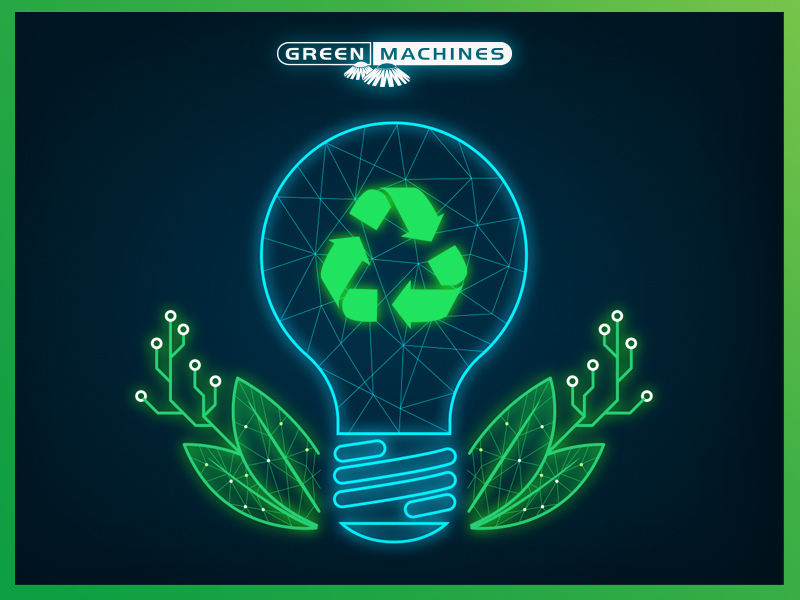In 2025, sustainability is no longer a buzzword—it’s a core business strategy. Companies across sectors are embedding environmental, social, and governance (ESG) principles into their operations, driven by consumer demand, regulatory pressures, and the undeniable realities of climate change.
Sustainable Innovations
- Circular Economies: Businesses are adopting circular economy models, focusing on reducing waste by reusing, recycling, and upcycling materials.
- Carbon Neutrality: Corporations are committing to net-zero emissions, investing in renewable energy, carbon offset projects, and energy-efficient technologies.
- Green Finance: Sustainable investments are booming, with green bonds, ESG funds, and impact investing becoming mainstream in financial markets.
Consumer Influence
Modern consumers are prioritizing sustainability, choosing brands that align with their values. This shift has pushed companies to maintain transparency and adopt sustainable practices, from ethical sourcing to eco-friendly packaging.
Economic Implications
The rise of green capitalism has spurred economic growth by fostering innovation, creating green jobs, and attracting investments. However, it also challenges industries reliant on traditional practices to adapt quickly or risk obsolescence.
Challenges and Opportunities
Transitioning to sustainable models requires significant investment and systemic changes. Businesses that successfully navigate these challenges will not only thrive financially but also contribute to a more sustainable future.
Conclusion
2025 proves that profitability and sustainability are not mutually exclusive. Green capitalism is setting the stage for a resilient and equitable global economy.

